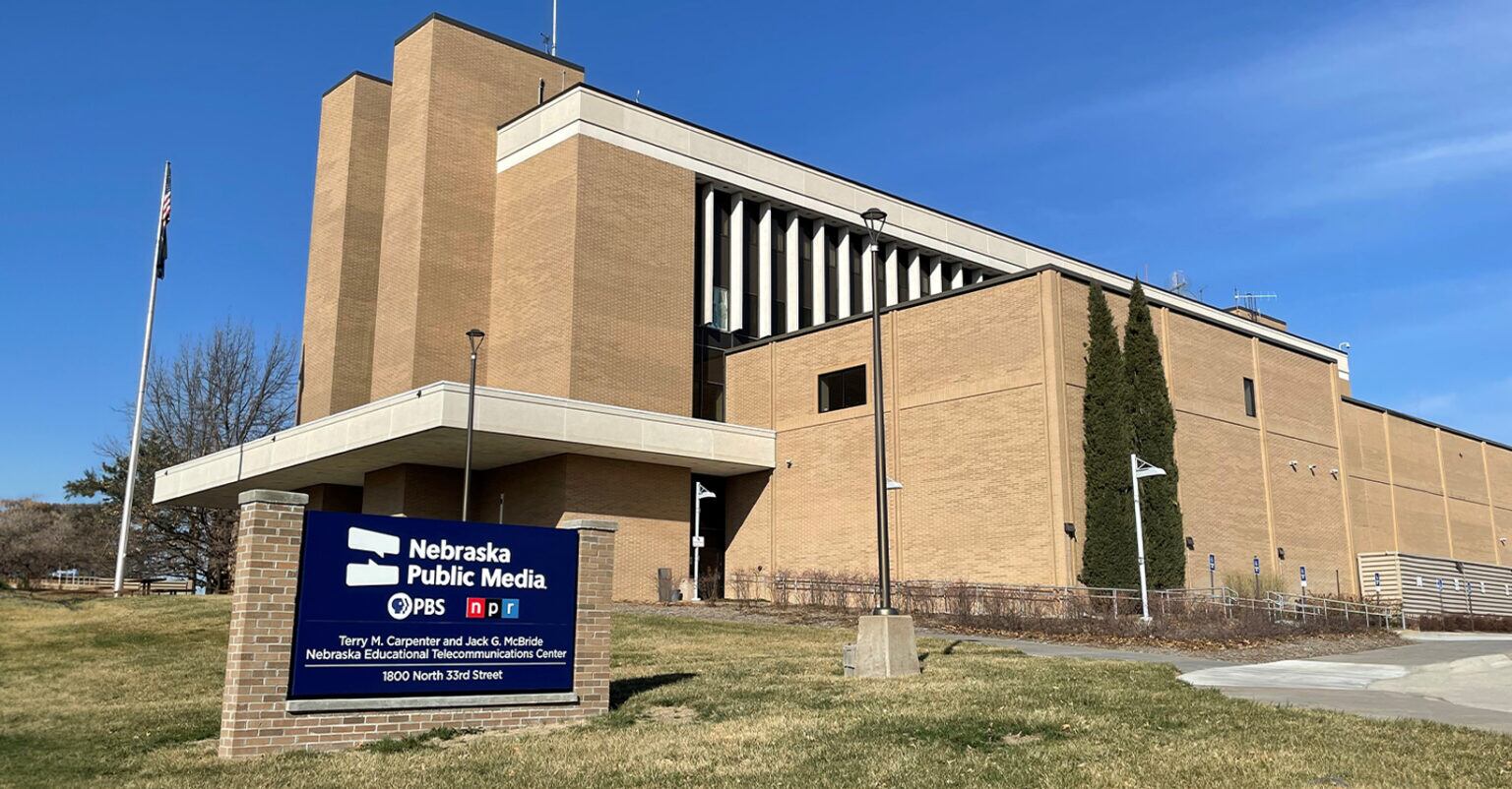Nebraska Senators to Vote on $9.4B Cuts to Public Media and Foreign Aid

The U.S. Senate Faces Critical Decision on Federal Funding Cuts
The U.S. Senate is currently under pressure to make a significant decision by the end of the week regarding a proposed $9.4 billion cut to federal funding for international aid and public media. This legislation, which has already passed through the House with support from all three Nebraska representatives, aims to revoke over $8 billion from various foreign aid programs managed by the U.S. State Department and the U.S. Agency for International Development. Additionally, it would eliminate $1.1 billion in funding for the Corporation for Public Broadcasting (CPB) for fiscal years 2026 and 2027. This move could mark a historic shift, as it would be the first time that federal funding for NPR and PBS is completely removed, something previous Republican administrations had attempted but failed to achieve.
Impact on Rural Communities
While federal funding constitutes only a small portion of the budgets for national public news organizations, it plays a crucial role in supporting smaller, often rural, local affiliate stations. These stations are essential in areas where the free market may not provide adequate coverage. In Nebraska, for example, Nebraska Public Media, which oversees most public TV and radio stations in the state, could face a loss of 16% of its annual budget. Two other stations in Omaha and one in the Lincoln area could also experience funding cuts.
These reductions could put parts of the state’s emergency alert systems at risk, as Nebraska Public Media serves as a critical source of information during severe weather events and other emergencies. During an Appropriations Committee hearing in June, U.S. Senator Deb Fischer, R-Neb., expressed concern about the potential impact on these vital alerts. “I am very concerned also about the emergency alerts that come to many places in Nebraska only through that rural radio,” she said.
Support and Opposition
U.S. Senator Pete Ricketts, R-Neb., has publicly supported the rescission package, calling it a “great first step” toward controlling government spending. He emphasized the need for further review and potential improvements to the bill. However, not all senators share this view. Some GOP senators have hinted at filing amendments to remove the section targeting the CPB, indicating possible changes to the final version of the bill.
The $9.4 billion cut represents just 0.1% of the approximately $7 trillion the federal government is projected to spend this year, according to the Congressional Budget Office. The bill is expected to reach the Senate floor as early as Tuesday and would require a simple majority to pass. Following up to 10 hours of debate, the Senate will engage in a marathon session of amendment voting, which could significantly alter the content of the bill.
Political Pressure and Concerns
President Donald Trump has reportedly pressured Republicans to support the rescission package, threatening to withhold his endorsement from any lawmakers who vote against it. “It is very important that all Republicans adhere to my Recissions Bill and, in particular, DEFUND THE CORPORATION FOR PUBLIC BROADCASTING … which is worse than CNN & MSDNC put together,” he stated on Truth Social.
Despite this pressure, some senators remain concerned about the implications of cutting funding they had previously negotiated. Washington Senator Patty Murray warned that the package could jeopardize future federal negotiations as a government shutdown looms. Meanwhile, Nebraska Public Media continues to play a vital role in covering state legislative sessions and providing local sports broadcasts, with the state funding roughly 44% of its budget.
Broader Implications
The push to defund public media has broader implications beyond Nebraska. For instance, KIOS, the Omaha public radio station operated by Omaha Public Schools, received approximately $154,000 in federal funding this year. Another station, KVNO, based at the University of Nebraska at Omaha, would lose around 10% of its annual funding. Sherry Brownrigg, KVNO’s General Manager, highlighted the importance of CPB funding in enabling the station to offer nationally syndicated classical music programs and affordable music licensing.
If any changes are made to the Senate bill, the package would need to return to the House for another vote, potentially creating a tight timeline if Congress wants to meet the 45-day deadline before the bill expires. As the debate continues, the outcome of this legislation will have far-reaching consequences for public media across the country.
Post a Comment for "Nebraska Senators to Vote on $9.4B Cuts to Public Media and Foreign Aid"
Post a Comment